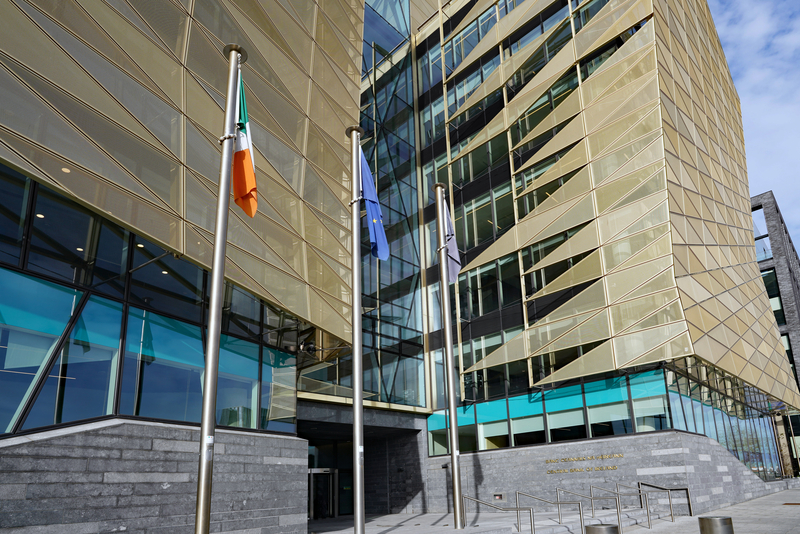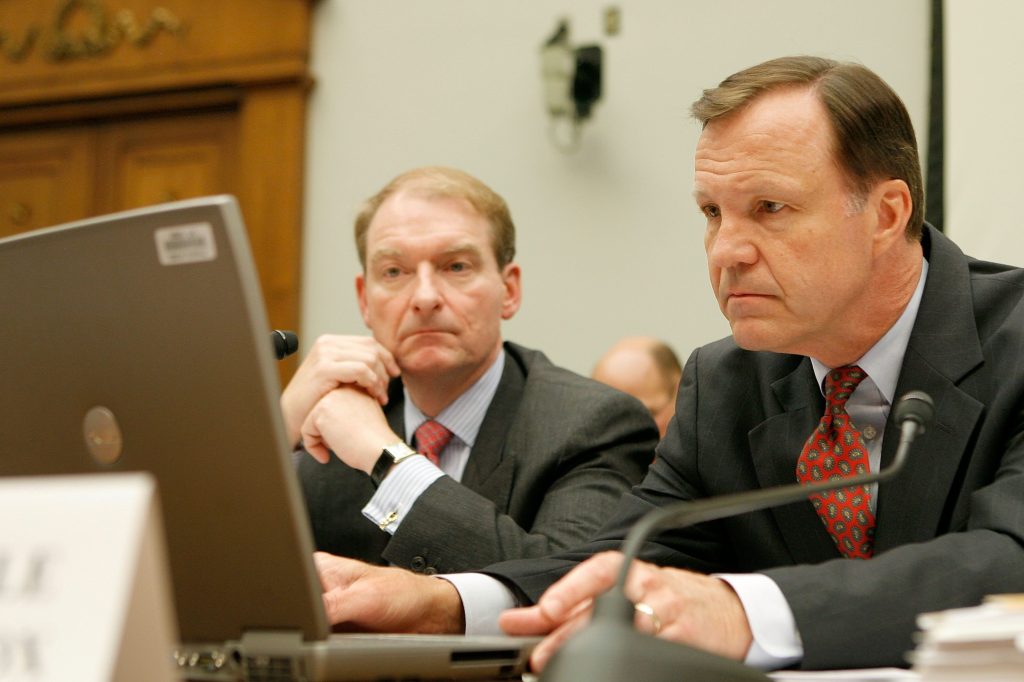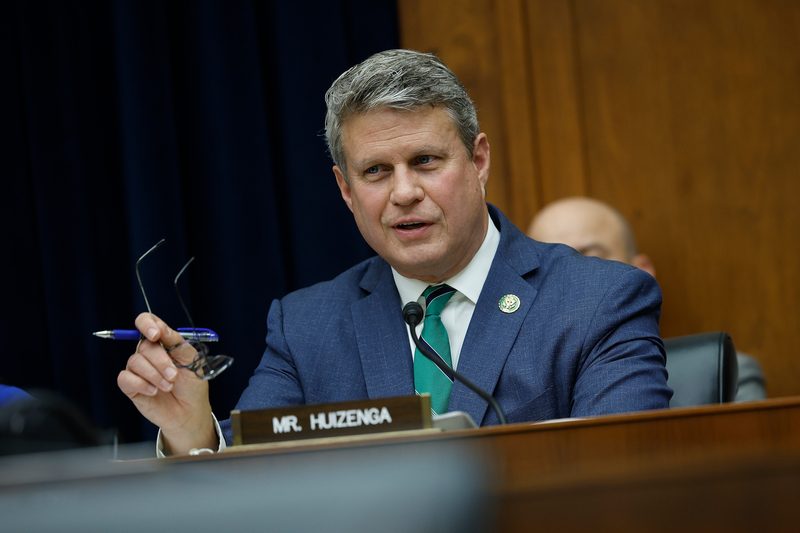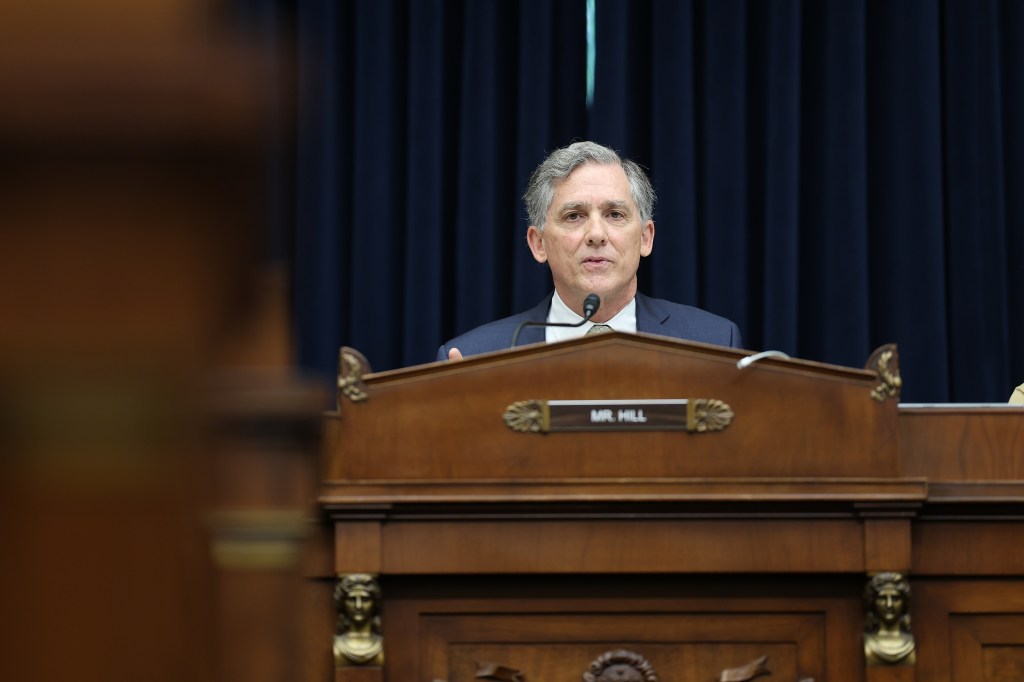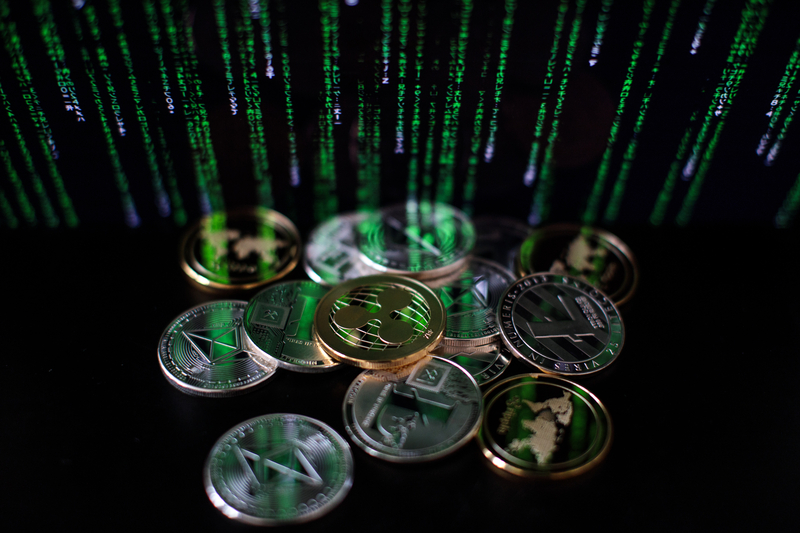The US Senate Banking Committee just considered the nomination of Paul Atkins, President Trump’s nominee for Chair of the SEC. News sources reporting on the committee meeting feel nothing changes the expectation that he would be confirmed.
And confirmation is needed for the SEC to begin its work in earnest. The SEC only has three members, with Caroline Crenshaw being the sole Democrat. She could effectively deny a quorum for any action she strongly opposes, but after Atkins’ likely confirmation, the Republican majority would no longer need her vote (in ordinary situations), so it will be able to begin with formal rulemaking.
Known for his market-friendly and deregulatory stances as a former SEC commissioner, Atkins’s approach aligns with President Trump’s agenda of reducing regulatory burdens.
His nomination process faced initial delays due to pending White House paperwork regarding financial disclosures related to his wife’s family wealth. Ethics filings show Atkins and his spouse have a combined net worth of at least $327m, including up to $6m in crypto-related assets.
The Senate committee endorsed Atkins’ nomination with a vote of 13 to 11, with all Democrats opposed.
Cryptocurrency focus
In his opening statement, Atkins signaled that digital assets and cryptocurrency will be a prominent focus if he is confirmed. He highlighted his experience developing best practices for the digital asset industry since 2017. Following his prior SEC service as a commissioner, he launched Patomak Global Partners, a regulatory special forces unit for financial firms. The firm helps investment firms and – increasingly – cryptocurrency companies, with regulatory compliance and strategy.
Atkins has also served as co-chair of the Token Alliance, a group within the Chamber of Digital Commerce dedicated to developing best practices for cryptocurrency trading platforms.
He told the Senate panel that a “firm regulatory foundation” for digital assets would be a top priority, emphasizing a “rational, coherent, and principled approach.” He stressed the importance of clear rules that encourage capital formation, which he believes are critical as the SEC considers its role in overseeing rapidly evolving cryptocurrency markets. And he said he would like the securities watchdog to spell out clear guidelines that separate the crypto good guys from any bad actors.
Disclosure
Atkins expressed concerns about the disclosures that investors face, stating, “investors are flooded with disclosures that do the opposite of helping them understand the true risks of an investment.”
But he balanced that remark by saying he believes investors should be protected from incorrect or materially misleading private fund disclosures.
His remarks seemed to suggest he wanted to protect investors, but possibly pare back certain types of (or the breadth of) disclosure that most investors do not read.
Equity markets and private funds
There was little questioning in the private fund arena specifically, but in response to a query he conceded that retail investors in registered funds benefit from additional investor protections, such as diversification rules.
Atkins confirmed that the SEC would continue to enforce penalties against firms that mislead investors, but he drew a distinction between accredited investors – who he said have the sophistication and means to fend for themselves – and registered fund investors. This might mean a more principles-based regulatory and enforcement framework awaits the private fund industry.
In terms of the broader equity marketplace, Atkins seeks clearer rules for broker-dealers and wants to spark more genuine price competition.
Better Markets rebuke
The nonpartisan and nonprofit organization Better Markets issued a statement rebuking Atkins and seeking to expose his potential conflicts of interest.
The membership group stated: “During his confirmation hearing, Paul Atkins displayed a disturbing reluctance to acknowledge his failures as an SEC commissioner in the years leading to the 2008 financial crisis. Instead of advocating for Main Street, Atkins was focused on protecting Wall Street’s megafirms.
“As Senator [Elizabeth] Warren’s questioning of Atkins made clear, he demonstrated ‘staggeringly bad judgment’ and showed no remorse or introspection about his mistakes or the devastating consequences for our economy and Main Street families who suffered unemployment foreclosures, and economic misery due to no fault of their own.
“Despite all the evidence to the contrary, he insisted that deregulation was not to blame for the 2008 crash that left 90% of Americans poorer in 2016 than they were in 2007. On key issues like his vote to allow Wall Street banks to reduce their average capital by 40%, Atkins said he was not wrong and even blamed the SEC’s staff rather than taking any responsibility.
“Additionally, Atkins did nothing to dispel concerns about his work over the last 15 years promoting the interests of firms the SEC regulates, refusal to answer basic questions about his work for crypto firm FTX, or his potential conflicts as SEC Chair.”
Atkins’ nomination has advanced to the Senate floor for a final vote, which can between one and three weeks, depending on the Senate’s schedule and procedural considerations.
Upon Senate confirmation, Atkins could be sworn in and assume the SEC Chairmanship almost immediately, especially with Republicans holding a 53-47 Senate majority.

